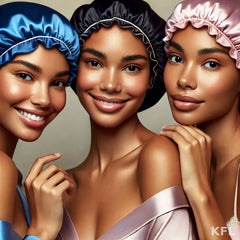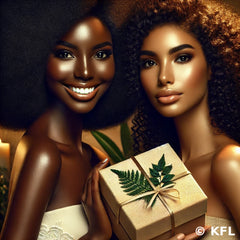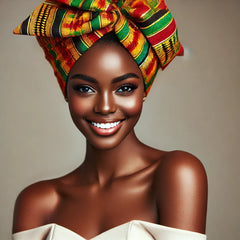
Black Brazilians: History, Culture, and Current Realities
Share Label
Brazil, the largest country in South America, is home to one of the largest Afro-descendant populations in the world. Heirs to the tragic history of the transatlantic slave trade, Black Brazilians have preserved and enriched a vibrant culture despite centuries of oppression. Today, they play a key role in the nation’s identity through music, dance, religion, and social struggles. However, significant challenges remain, particularly regarding racial equality and inclusion.
- The History of Black People in Brazil: From Slavery to Resistance
Brazil was one of the primary destinations for African slaves for nearly 350 years.
- Starting in the 16th century, Portuguese colonizers brought millions of Africans to work on sugar plantations and in gold mines.
- Brazil was the last country in the Americas to abolish slavery in 1888, with the Golden Law (Lei Áurea).
- Despite this late abolition, racial segregation and poverty continued to marginalize the descendants of enslaved people.
In the face of oppression, Black Brazilians developed forms of resistance, such as:
- Quilombos: Communities founded by escaped slaves, such as Quilombo dos Palmares, led by the legendary Zumbi dos Palmares.
- Capoeira: A martial art disguised as dance, used to train in self-defense against colonizers.
- A Deeply Rooted African Culture
Despite colonization and oppression, African traditions have left an indelible mark on Brazilian identity.
✅ Music and Dance:
- Samba, now a national symbol of Brazil, has its roots in African rhythms.
- Other genres like forró and maracatu also stem from Afro-Brazilian influences.
- Modern styles such as funk carioca and Brazilian hip-hop continue to draw from African sounds.
✅ Afro-Brazilian Religion:
- Candomblé and Umbanda, derived from Yoruba, Angolan, and Beninese beliefs, are practiced by millions of Brazilians.
- These religions have survived persecution and are now a source of cultural pride.
✅ Cuisine:
- Feijoada, Brazil’s national dish, originated as a meal prepared by enslaved Africans.
- African flavors remain central to dishes like acarajé (fried bean fritters).
- The Reality for Black Brazilians Today
Despite their cultural and demographic significance (56% of Brazil’s population identifies as Black or mixed-race), Afro-Brazilians face widespread discrimination.
⚠️ Economic and Social Inequalities:
- Black Brazilians earn, on average, only 57% of what White Brazilians earn.
- They hold less than 10% of executive positions in major companies.
⚠️ Violence and Structural Racism:
- Most homicide victims are Black: 75% of murder cases involve Afro-Brazilians.
- Police violence disproportionately affects young Black men from favelas.
⚠️ Political and Media Underrepresentation:
- Few Black individuals are visible in high political offices or the media.
- Movements like “Vidas Negras Importam” (Black Lives Matter Brazil) are working to change this reality.
- Recent Struggles and Advances
Despite these challenges, the Afro-Brazilian community is mobilizing for change:
✊🏾 University Quotas:
- Since the 2000s, affirmative action policies have allowed more Black students to attend universities.
- As a result, there has been a significant increase in the number of Black graduates.
✊🏾 The Rise of a Black Elite:
- Increasingly, Black Brazilians are attaining key positions in culture, politics, and entrepreneurship.
- Examples include actor Lázaro Ramos, author Conceição Evaristo, and politician Benedita da Silva.
✊🏾 A Strong Identity Awakening:
- The Brazilian Afro-futurist movement and the celebration of natural hair are markers of contemporary Black pride.
- More and more Black Brazilians are reclaiming their African roots and celebrating their culture.
Conclusion
Black Brazilians carry a powerful legacy of resistance, creativity, and struggle. Although they continue to face inequality, they remain central to Brazil’s identity and fight for their rightful place in society. Their history, culture, and activism resonate far beyond the country’s borders, echoing the struggles of Afro-descendant populations worldwide. Black Brazil stands tall, proud, and moving forward into the future.









